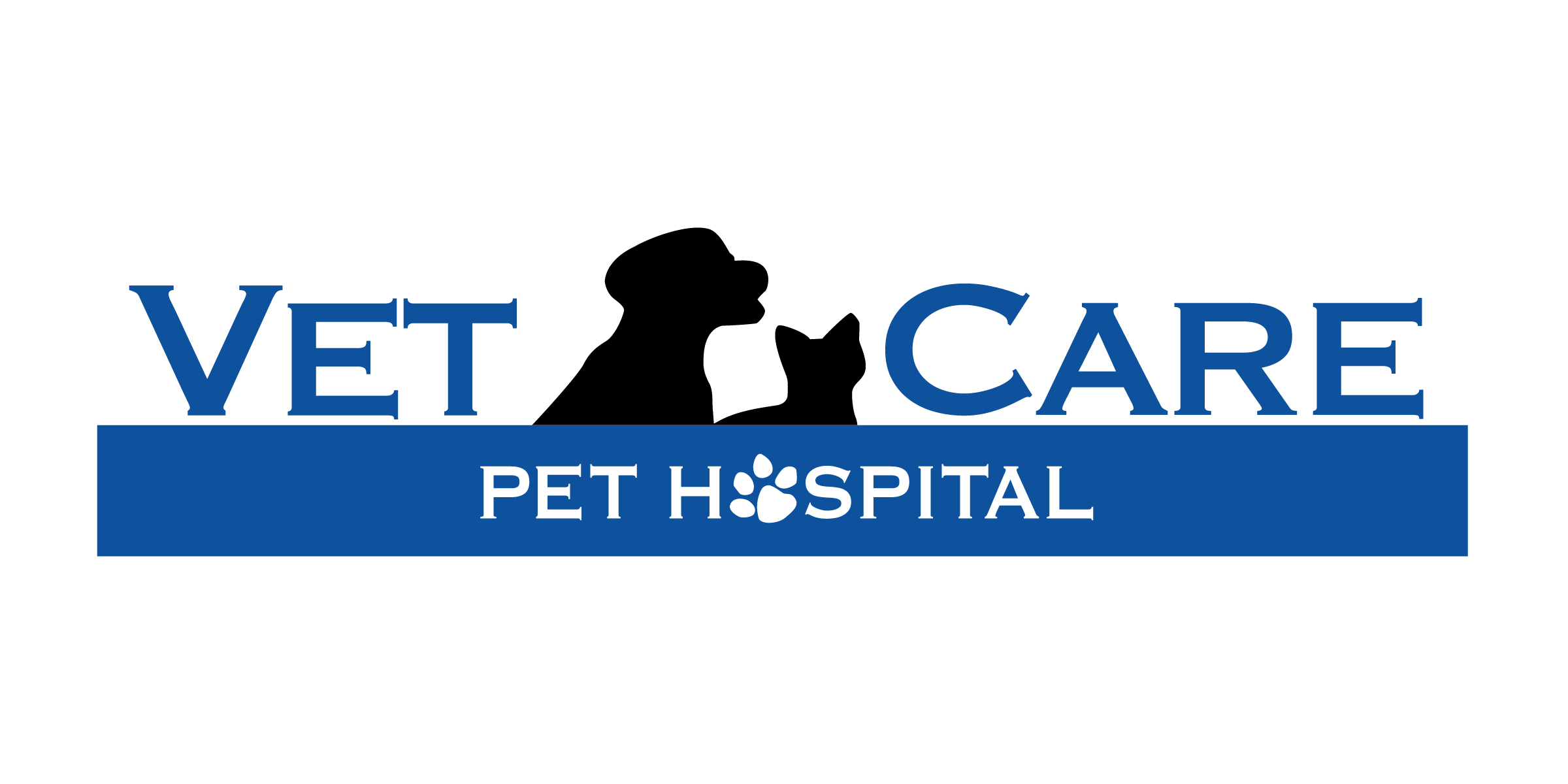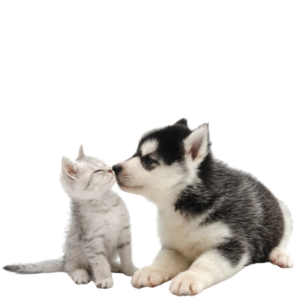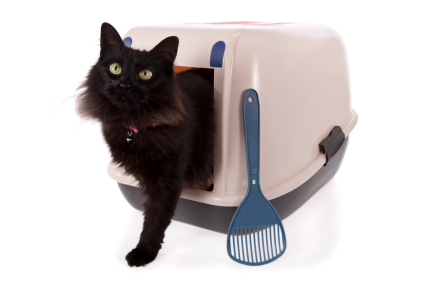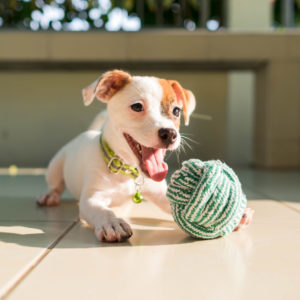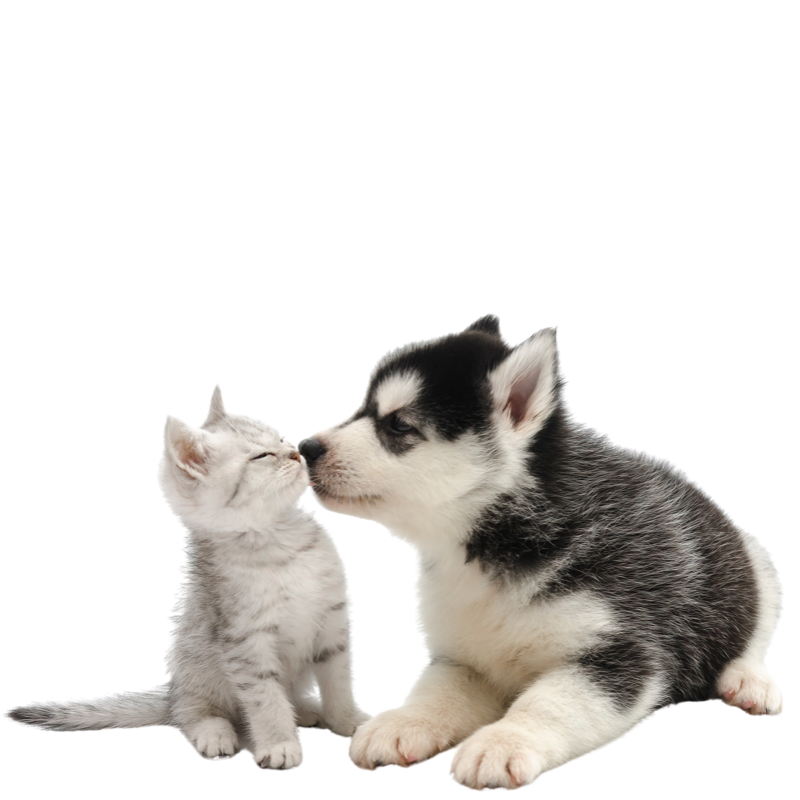Feline urinary tract disease (FUTD) is the general umbrella term for any disease that affects the kidneys, ureters, bladder and urethra of cats. Both males and females are affected by urinary tract disease equally; however incidence of some specific diseases in this category are more common in one sex than the other. Feline urinary tract disease is very common and at VetCare we see cats daily with one form or another. There are a number of factors that influence the risk of getting FUTD, these include but are not limited to:
- Age
- Genetics
- Diet
- Weight
- Indoor life style
- Water consumption
- Environmental Stress
- Reproductive Status
Despite the wide variety of conditions that affects cats urinary tracts they often present with similar symptoms, this can sometimes make it tricky to decipher one condition from another, these are the most common symptoms seen with feline urinary tract disease:
- Increased thirst
- Increased urine production
- Weight loss
- Bloody or rose colored urine
- Straining to urinate (can easily be mistaken for straining to defecate)
- Increased frequency of urination
- Urinating in unusual places in the house
- Unproductive urination – urinary blockage (almost exclusively a male cat problem)
- Increased licking the urinary opening (usually due to pain)
Often to get more information about a specific cat’s condition its is important to analyse the urine to see what is present, in many situations a simple “Urine Analysis” is sufficient to obtain a diagnosis. There are other more complicated disease situations that my require more investigative work to determine the cause and the severity of the issue at that time.
Many of the urinary tract conditions in the cat can be treated with good success, it is important that pet owners are aware that there are treatment options for conditions that they may think are incurable. The most common example of this is “inappropriate urination.” It is all to often that pet owners seek help after months or even years of tolerating this inappropriate behavior and are too fatigued/frustrated to pursue a resolution. For this my answer is simple “don’t wait too long, seek help; some simple changes in the house might make all the difference.”
Many urinary issues can be resolved by changing the cat’s environment or routine, others by simply having the cat on a diet that is correctly balanced in salts prevent urinary crystal formation, only a portion require treatment with antibiotics and anti-inflammatory medications.
Contact the team at VetCare Pet Hospital immediately if you believe your cat may have FUTD!
